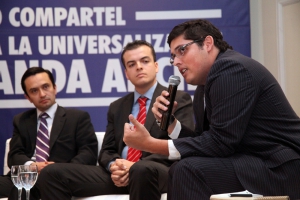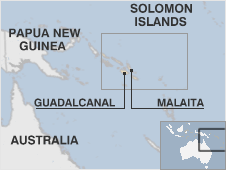Under the GBI contract, Integra team members recently conducted a series of workshops in both Moldova and Ukraine, to support the governments of each country in their assessment and planning to introduce Universal Service Funds, and to promote Broadband ICT development. These countries, like much of the former Soviet Union region, have established a strong level of telecommunications infrastructure, including nearly universal mobile phone coverage, extensive fixed telephone networks, and reasonable extension of Internet access and even Broadband. However, significant gaps remain in access to computers, Internet, and Broadband connectivity, particularly outside of urban centers.
In Moldova, the Ministry of Information Technology and Communications (MITC) hosted a workshop attended by about 25 government and industry officials, to address questions surrounding the current legal mandate to establish a Universal Service Fund, and the goals and options for such a Fund. GBI experts David Townsend and Daniel Espitia presented international experience on the best approaches and priorities for creation of a USF, and the key issues that Moldova would have to address. Given that Moldova has already made considerable progress in establishing well functioning mobile networks as well as broadband services in many parts of the country, the challenge would be to close remaining gaps in access to ICTs, with emphasis on providing all schools in the country with broadband connections as well as low-cost PCs for students. Also, rural villages without adequate network capacity would be upgraded to broadband. The Ministry acknowledged that new legislation would be required to authorize a USF that could fully address these objectives, and pledged to move ahead in drafting such a statute.
In Ukraine, a public workshop was held in Kiev over two days, hosted by the National Commission on State Regulation of Communication and Information (NCCIR), and attended by about 30-40 officials and private sector representatives. There has been considerable debate in Ukraine about establishment of a USF, with strong resistance from the mobile operators, who must already pay 7.5% of their revenues into a national social security fund. Representatives of several operators attended the workshop, along with Commissioners and other government personnel. GBI’s David Townsend together with Parvez Iftikhar, former CEO of the Pakistan USF, presented ideas and examples of how an effective USF could work, yielding benefits both for the country and for the ICT industry itself. A range of options were discussed for the launching of a Fund, including starting out on a pilot basis to test the concept. Ukraine must also pass new legislation to mandate a USF, and will be working toward such a law.
Integra’s team will continue to assist both countries as they develop their USF legislation and policies.


















































